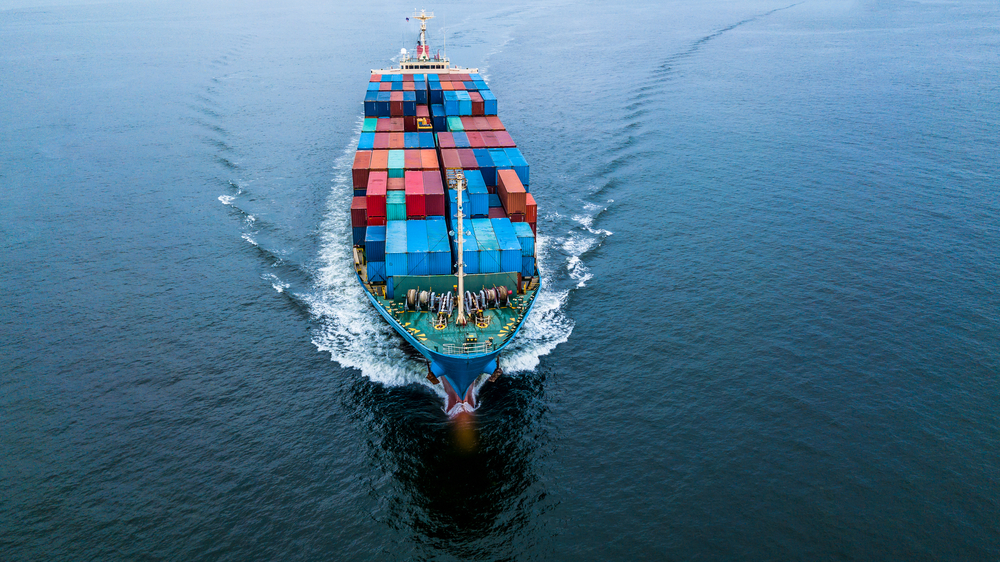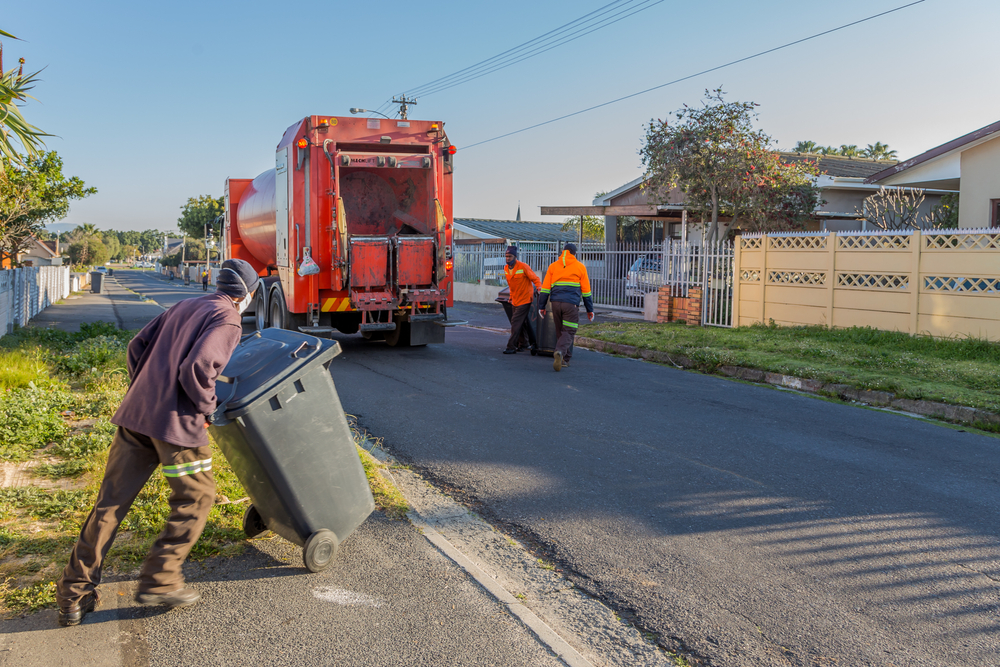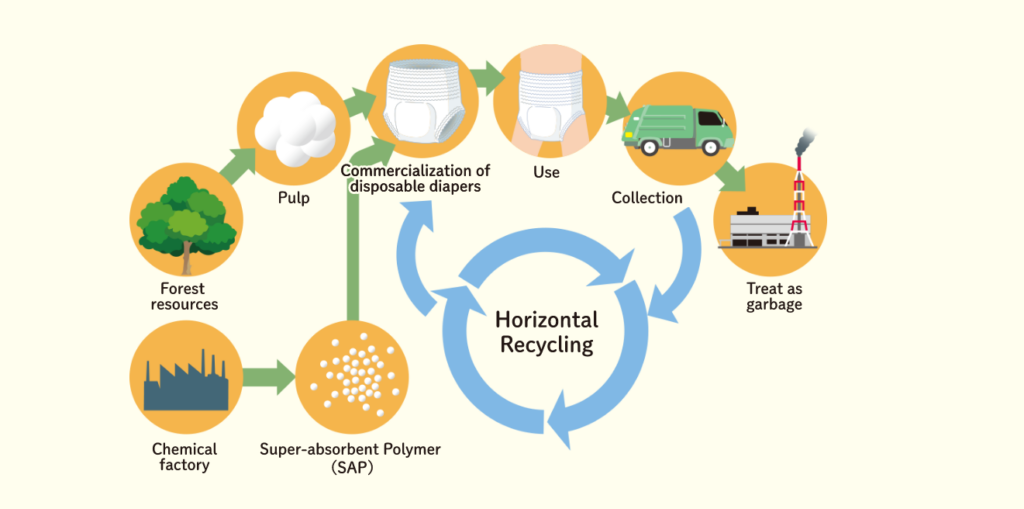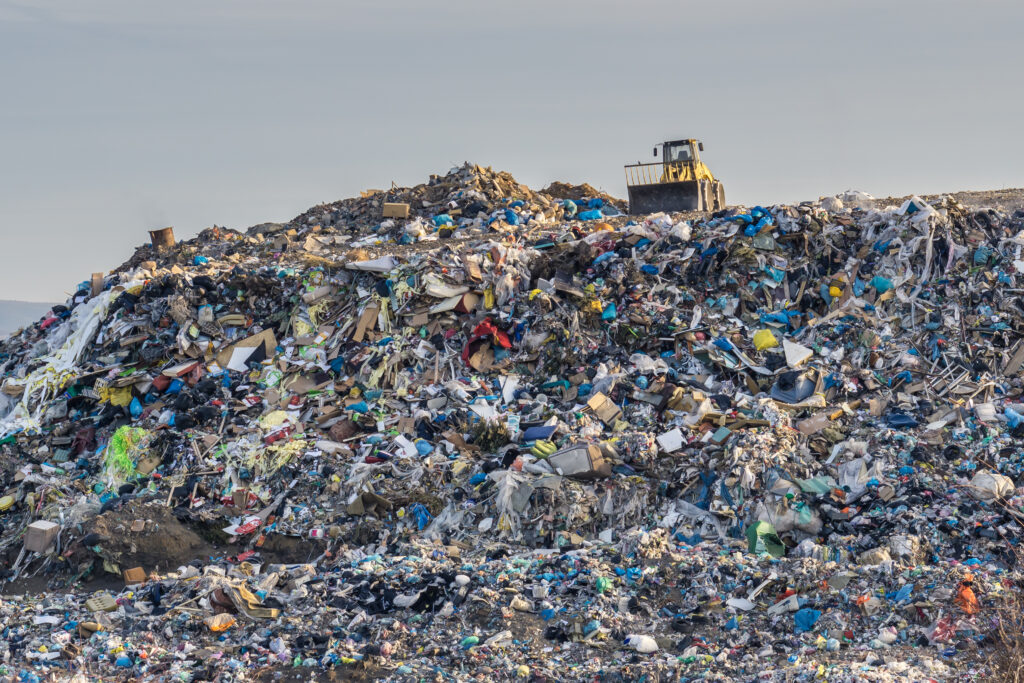However, the BIR suggests the sector faces “another dramatic challenge” given the unfolding crisis in Ukraine.
And, it says changes to the EU’s shipment regulations may restrict the flow of recyclables around the world.
The Brussels-based BIR is an international trade association for the recycling sector, with around 70 countries represented. It published its annual report for 2021 yesterday (21 April).
According to the report, recycling industries around the globe have been “under pressure” from external factors including logistics, energy costs and labour shortages, but “most commodity markets have remained solid and businesses have been very active and prosperous.”
The BIR notes the report was completed “several weeks” before the Ukraine crisis unfolded so “the content does not reflect recent dramatic events and their impact around the world.”
Tom Bird, the BIR’s president, said: “When compared to 2020, the Covid pandemic had had a reduced impact on the recycling industry in 2021 and, as a result, business had continued to improve.
“But now, the world is yet again facing another dramatic challenge, which affects many of our members directly and which shocks all of us to the core. All other problems and issues seem insignificant in comparison.”
Exports
Last November, the BIR said the European Commission’s proposed revisions to its waste shipment regulation “diverge from free and fair trade” (see letsrecycle.com story).

Under the proposals, waste exports to non-OECD countries will be “restricted” and only allowed if third countries are willing to receive certain wastes and able to manage them “sustainably”.
Following the publication of the annual report, Mr Bird said: “There is the possibility that changes to shipment regulations – particularly in the EU – may restrict the flow of recyclables around the world.
“We at BIR, and the recycling industry as a whole, must continue to hammer home the message that the free and fair trade of recyclables is absolutely essential to the creation of a global circular economy.”
Earlier this month, the chief executive of the Environment Agency, Sir James Bevan, suggested he would like to see an “end” to all waste exports from the UK (see letsrecycle.com story).
Materials
In the UK, the BIR’s members include the British Metals Recycling Association, the Recycling Association, and the Textile Recycling Association.
According to the report, the 27 EU countries “consumed” 66.4 million tonnes of steel scrap in 2021, up by 21% from 2020.
The report suggests that the mandatory separate collection of used textiles in the EU by 2025 will increase volumes from 2.7 million tonnes in 2021 to 4.7 million tonnes “over the next couple of years” (see letsrecycle.com story).
The report also forecasts that the world will consume 620 million tons of plastic by 2025, 832 million tons by 2040, and 1.23 billion tons by this century’s mid-point.
Turning to shipping, freight rates soared by more than 300% between September 2019 and October 2021, the report says.
Related link
BIR Annual Report 2021











Subscribe for free